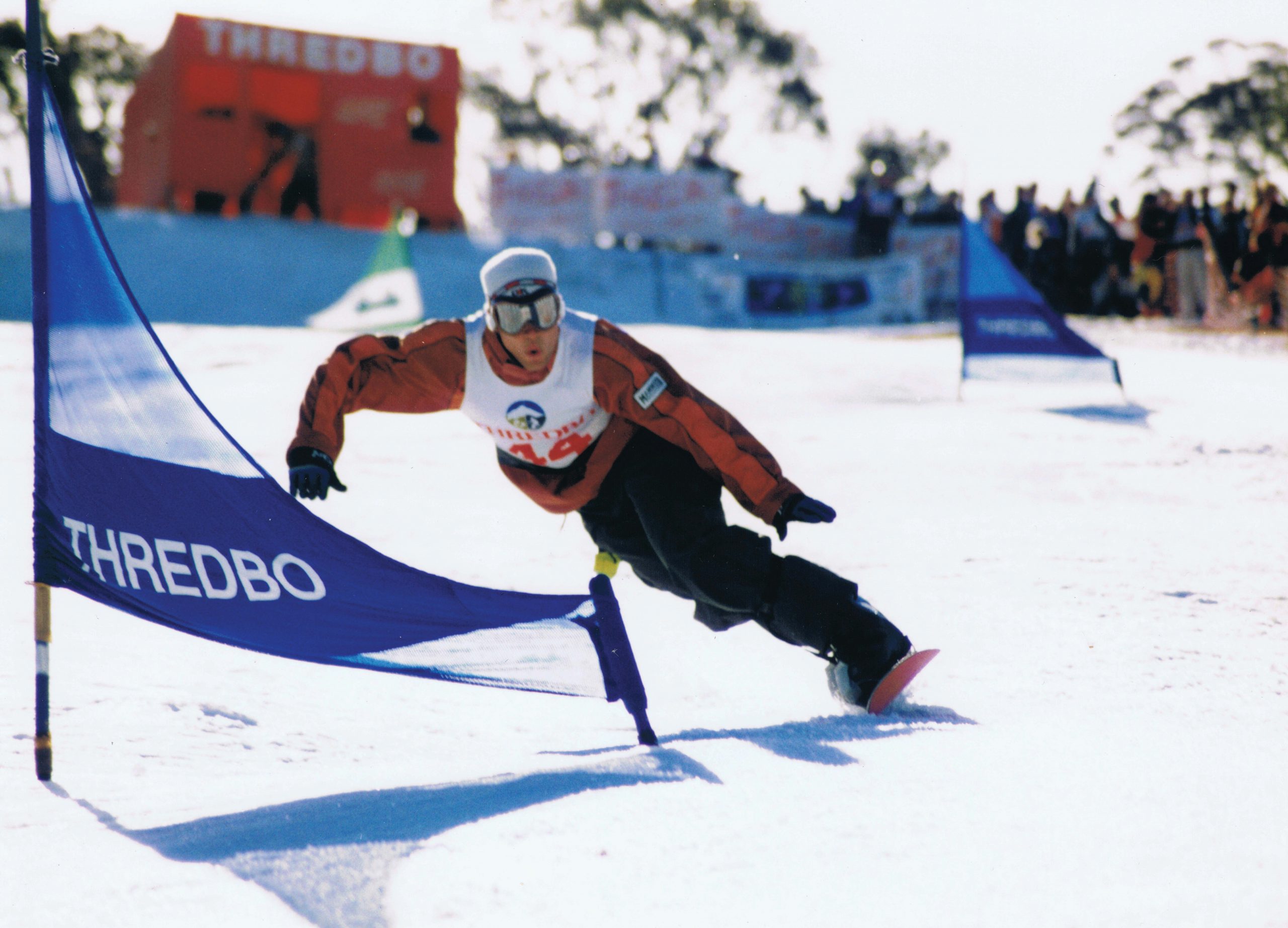
When the pandemic put in-person cycling events on hold, Cycling Canada took its sport online. Mid-March, the organization hosted the very first sanctioned Canadian Esports Championships on the RGT Cycling virtual platform.
By Angela Kryhul
THE EVENT
Hosted in collaboration with Echelon Racing Promotions, the Canadian Esports Championships took place March 12 and 13, with over 100 athletes competing in 14 women’s and men’s U17, Junior, Elite and Masters categories. The event was livestreamed and prizes included physical maple leaf jerseys as well as digital versions that the winners can apply to their RGT accounts for one year.
A NEW TREND
Virtual cycling and esports were already on Cycling Canada’s radar three years ago, but the pandemic fast-tracked engagement, says Josh Peacock, director of marketing and community engagement. “When the pandemic hit and it was clear that we weren’t going to be doing any in-person racing, it put everything into fast-forward mode. We knew that our community was taking part in these activities; we wanted to find a way to recognize it at the federation level,” Peacock explains. “We wanted to connect with our community to provide, not only racing opportunities, but opportunities for people to get together.”
THE COURSE
Using RGT’s Magic Roads feature, the virtual 14-kilometre course simulates the same road cycling route in the Town of Pelham, Ont., that Niagara 2022 Canada Summer Games athletes will compete on this August. At-home competitors mounted their bikes onto smart trainers, which are designed to communicate with indoor cycling apps and which emulate real world situations like cycling up steep hills.
VIRTUAL PERKS
Cycling Canada uses Zwift to host five weekly virtual group rides and races between November and April. All events connect with Cycling Canada’s Discord channel so that participants can interact with each other and with ride leaders. “It’s a great tool to get the community together. We bring in national team athletes as guest riders and our participants can chat with them just as if they were riding alongside each other,” Peacock says.
GROWING THE SPORT
Not only does virtual cycling keep people active through the cold-weather months, Cycling Canada has discovered new groups of enthusiasts. “Because we’re a national federation, we connect with high-level racers. But we’ve discovered there are esports-specific specialists—people who only race in this [virtual] discipline. So we’re meeting a whole new demographic of our community,” Peacock says.
Virtual cycling has also opened up new partner relationships. Cycling Canada ran ads for the Niagara Canada Summer Games during the championship livestream and the Games promoted the event on its social channels. Cyclists are even travelling to the Town of Pelham to experience the road course in-person, Peacock says. “Every year, the virtual championship will simulate a real-life race course. It will be an opportunity to cross-promote the virtual and the in-person events.”
LESSONS LEARNED
“Probably every sport has an untapped community that they may not have interacted with and that wants to be a part of the action. That community can very easily lie within the esports space,” Peacock says. ”We recognize that [virtual cycling] is a discipline unto itself, just like road cycling, so we’ll continue with it indefinitely. I think our programming and our representation will only get better.”
Originally published in the ADRENALIN Spring 2022 issue.





